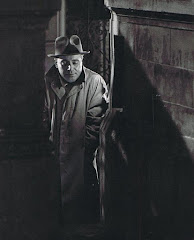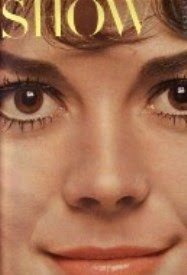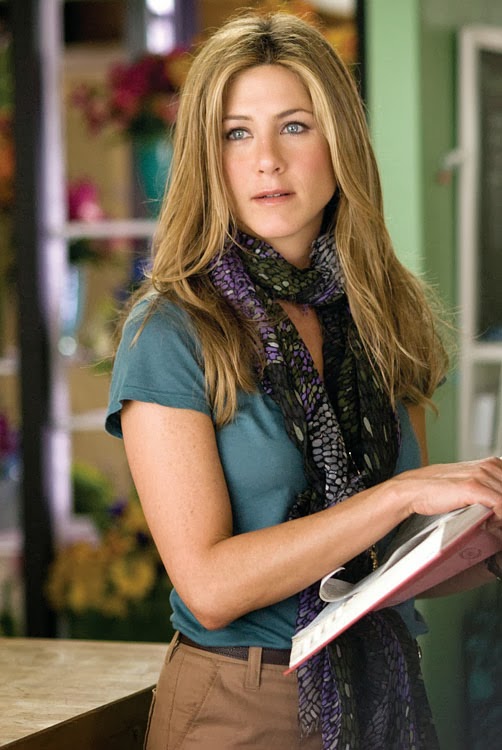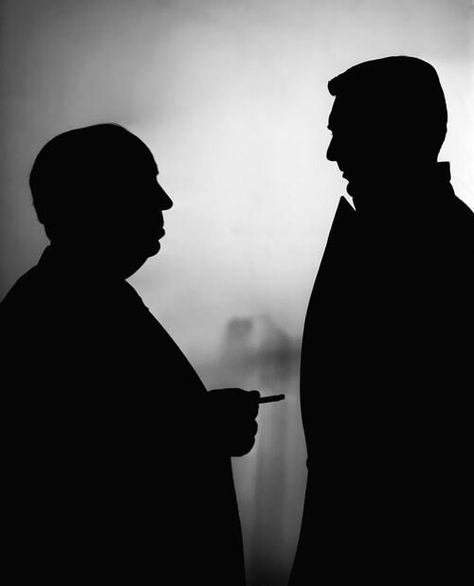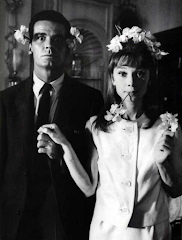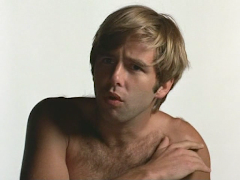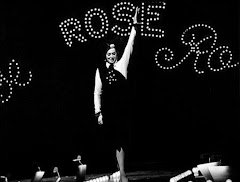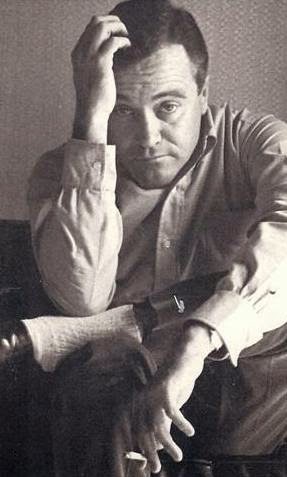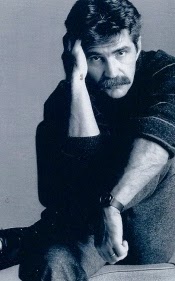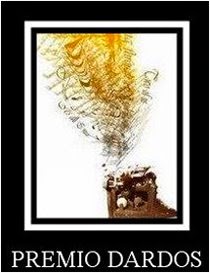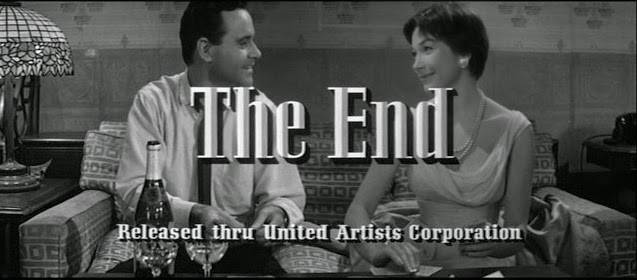It now seems like a dimly remembered dream but, once upon a time, a striking actress named Mary came to the Broadway musical stage as the Truman Capote character from "Breakfast at Tiffany's," Holly Golighty.
If you blinked, you missed it.
Mary? That would be the absolutely adorable (and perfect) Mary Tyler Moore, who left us on January 25th, at age 80, and who will most likely be remembered as a television legend than as a stage or film star.
Nothing wrong with that.
"The Dick Van Dyke Show," where we all first fell in love with her, and especially her own eponymous sitcom (need I invoke the title?) are both better than most movies or plays. Her potential seemed limitless and yet, despite opportunities in other mediums, Moore remained largely a TV personality.
If you blinked, you missed it.
Mary? That would be the absolutely adorable (and perfect) Mary Tyler Moore, who left us on January 25th, at age 80, and who will most likely be remembered as a television legend than as a stage or film star.
Nothing wrong with that.
"The Dick Van Dyke Show," where we all first fell in love with her, and especially her own eponymous sitcom (need I invoke the title?) are both better than most movies or plays. Her potential seemed limitless and yet, despite opportunities in other mediums, Moore remained largely a TV personality.
But she made such an impression on the Van Dyke sitcom that Universal Pictures snapped her up for movies and then ...
...did absolutely nothing with her.
Moore was wasted in her film debut - Julie Andrews' thoroughly awful “Thoroughly Modern Millie” (1967), directed by George Roy Hill. She was then put in what, in retrospect, seems like two typical Universal romps that Doris Day most likely rejected - "Don't Just Stand There" (with Robert Wagner) and "What's So Bad about Feeling Good?" (with George Peppard).
Never heard of them? There's a reason for that.
After casting her as a nun in a bad Presley flick, "Change of Habit" (1969), the studio gave up. About 10 years later, Robert Redford rescued Moore.
...did absolutely nothing with her.
Moore was wasted in her film debut - Julie Andrews' thoroughly awful “Thoroughly Modern Millie” (1967), directed by George Roy Hill. She was then put in what, in retrospect, seems like two typical Universal romps that Doris Day most likely rejected - "Don't Just Stand There" (with Robert Wagner) and "What's So Bad about Feeling Good?" (with George Peppard).
Never heard of them? There's a reason for that.
After casting her as a nun in a bad Presley flick, "Change of Habit" (1969), the studio gave up. About 10 years later, Robert Redford rescued Moore.
Her acting in Redford's "Ordinary People" is the best performance of 1980, hands-down - male or female. She was nominated for an Oscar - and should have won - but the award went (no surprise here) to Sissy Spacek for the safer, more audience-friendly "Coal Miner's Daughter."
Moore eventually had roles in Allan Burns' "Just Between Friends" (1986) and David O. Russell's "Flirting with Disaster" (1996), but not much else.
Her life in the theater was even more sketchy. Moore starred on Broadway in a version of Brian Clark's "Whose Life Is It Anyway?," rewritten for a woman, in 1980 (Ian McShane originated the role and Richard Dreyfuss was in the film), and in an A. R. Gurney show titled "Sweet Sue" in 1987.
But her really big opportunity in the theater was in the aforementioned Capote musical - titled "Holly Golightly" or "Breakfast at Tiffany's," depending on when you saw it. That is, if you were lucky to see it.
I saw it in 1966 (once again, I'm seriously dating myself here) at Philadelphia's Forrest Theater, where it tried out under its original title, "Holly Golightly." I approached the show with a couple trepidations.
First, I am no fan of the film, "Breakfast at Tiffany's." I mean, exactly what is it supposed to be - a comedy, a drama, a serio-comedy? (I'm not sure even Blake Edwards knew what he was directing.) It's really nothing - an odd film that, for some reason, has earned undeserved classic status.
Secondly, although I'm a confessed Moore fan, she seemed wrong for the role of Holly - but then Audrey Hepburn, the film's star, wasn't a good fit either. (Capote, John Frankenheimer, originally hired to direct the movie, and George Axelrod, its scenarist, all famously wanted Marilyn Monroe.)
Reservations about the musical aside, everything about the project was strictly A-list. The colorful David Merrick (always good for some chaos) was producting and stage veteran Abe Burrows wrote the book for the musical and was its director. (Some MTM trivia: Burrows was the father of James Burrows, who directed many episodes of "The Mary Tyler Moore Show.") And the list goes on... Michael Kidd was the choreographer (above with Moore), with an assist from Tony Musante; Bob Merrill ("Funny Girl") wrote the music and lyrics (that's him below with Moore and Richard Chamberlain), and the legendary Oliver Smith did the production design.
Mary's co-stars were Richard Chamberlain (in the George Peppard role), Sally Kellerman (the Patricia Neal role) and Art Lund (the Buddy Ebsen role). So far, so good.
Until the reviews came in.
"Holly Golightly" was destined to become the third side of a notorious triumvirate, joining two other unlucky musicals based on films - "Lolita, My Love" and "Carrie."
Merrick wasted no time. Edward Albee (of all people) was brought in to write an entirely new script. Burrows' book was completely scrapped and his response was to quite the show altogether.
Was Merrick nuts? He pulled the rug out from under his cast by forcing a different script on them between the show's move from its out-of-town tryouts and its Broadway previews. Then he brought in Joseph Anthony ("Under the Yum-Yum Tree" and "Mary, Mary") as the new director.
By the time the show hit the Majestic Theater in New York for the previews, it was titled "Breakfast at Tiffany's." Nothing helped.
Merrick closed the show before its official opening, "rather than subject the drama critics and the public to an excruciatingly boring evening" (his words). (A bit more trivia: In her entertaining memoir, "Read My Lips: Stories of a Hollywood Life," Kellerman claims that she and Merrick were romantically involved during the show's brief run. Huh?)
Years later, Moore revealed that she was convinced that, if the show hadn't closed, Merrick would have fired her before its official opening.
"Holly Golightly" is now just a footnote in Moore's career. Some publicity shots from the show still exist and there's a Saturday Evening Post cover story trumpeting Moore's anticipated arrival on Broadway. Not much else.
But there are also two You Tube videos that somewhat preserve the show in tiny bits and pieces - one with Moore singing a song titled (naturally) "Breakfast at Tiffany's" and one with Chamberlain singing another tune called (also naturally) "Holly Golightly," each accompanied by an array of grainy stills.






















